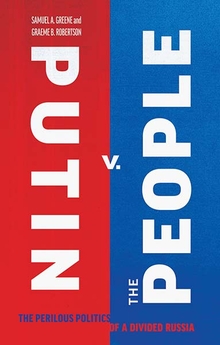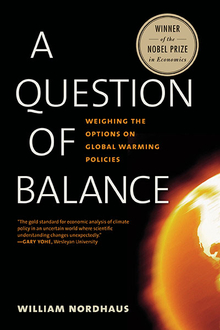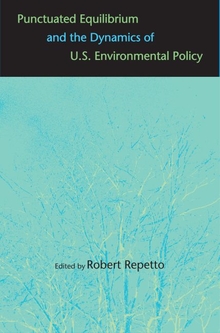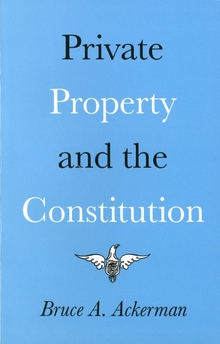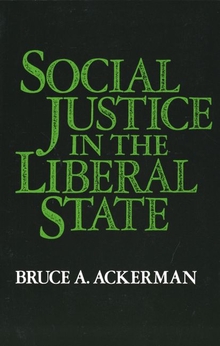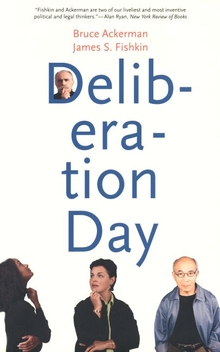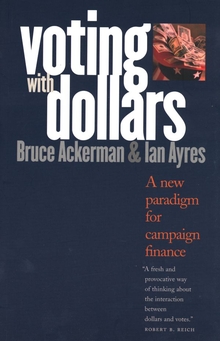Before the Next Attack
WARNING
You are viewing an older version of the Yalebooks website. Please visit out new website with more updated information and a better user experience: https://www.yalebooks.com
Preserving Civil Liberties in an Age of Terrorism
Bruce Ackerman
Out of Print
Ackerman’s “emergency constitution” exposes the dangers lurking behind the popular notion that we are fighting a “war” on terror. He criticizes court opinions that have adopted the war framework, showing how they uncritically accept extreme presidential claims to sweeping powers. Instead of expanding the authority of the commander in chief, the courts should encourage new forms of checks and balances that allow for decisive, but carefully controlled, presidential action during emergencies. In making his case, Ackerman explores emergency provisions in constitutions of nations ranging from France to South Africa, retaining aspects that work and adapting others. He shows that no country today is well equipped to both fend off terrorists and preserve fundamental liberties, drawing particular attention to recent British reactions to terrorist attacks. Written for thoughtful citizens throughout the world, this book is democracy's constitutional reply to political excess in the sinister era of terrorism.
"Bruce Ackerman's book is a tour de force. He has brilliantly combined a subtle treatment of the legal issues with a politically astute—and courageous—plan for preserving our constitutional system in the event of a future cataclysm. The time to think about these issues is now, and this book, which should be required reading for our national leaders, is the place to begin."—Eugene R. Fidell, President, National Institute of Military Justice
“Ackerman teaches us, with characteristic elegance, that deep legal thought matters to the future of democratic government. We all know that we overreact to aggressive attacks, and Ackerman explains how constitutional structures can be the insurance policy we need to level our reactions before and after victims suffer.”—George P. Fletcher, Cardozo Professor of Jurisprudence, Columbia University
“A deep and thorough exploration of how to implement a genuine emergency 'constitution' within the framework of the Constitution. This is a formidable piece of work, interesting and provocative, and it will be an important and influential book."—John Ferejohn, Caroline S.G. Munro Professor of Political Science, Stanford University
“Bruce Ackerman has addressed what may be the biggest issue facing us in reconciling democracy, human rights, and national security in an age of terrorism: how to adjust to the next big attack. His focus on the politics of grave emergencies is essential reading; his recommendations are creative and surprising.”—Philip Heymann, James Barr Ames Professor of Law, Harvard University and former U.S. Deputy Attorney General
“Compelling and readable. . . . Ackerman explores in pristine prose and non-academic terms the implications of the war on terror’s assault on basic freedoms.”—Rinker Buck, Hartford Courant
“Brilliant.”—G. John Ikenberry, Foreign Affairs
“Thought-provoking.”—The Economist
“Ackerman proposes an emergency constitution that would take effect after a major terrorist attack and would include some of the restrictions of the Bush administration’s approach. But it would also expire periodically and could be renewed only by ever-increasing Congressional majorities. Additionally, courts would be able to review any revisions. Ackerman’s solution may or may not be practical, but at least he confronts the problem intelligently, and he is surely correct to say that it’s not a good idea to respond to particular crises with ad hoc changes to our laws. If we don’t think through the basic structure of rules, rights and protections we want, every new attack will produce creeping but permanent limits on freedom.”—Fareed Zakaria, New York Times Book Review
“[Ackerman] confronts the problem intelligently, and he is surely correct to say that it’s not a good idea to respond to particular crises with ad hoc changes to our laws.”—Fareed Zakaria, New York Times Book Review
Publication Date: April 3, 2006


